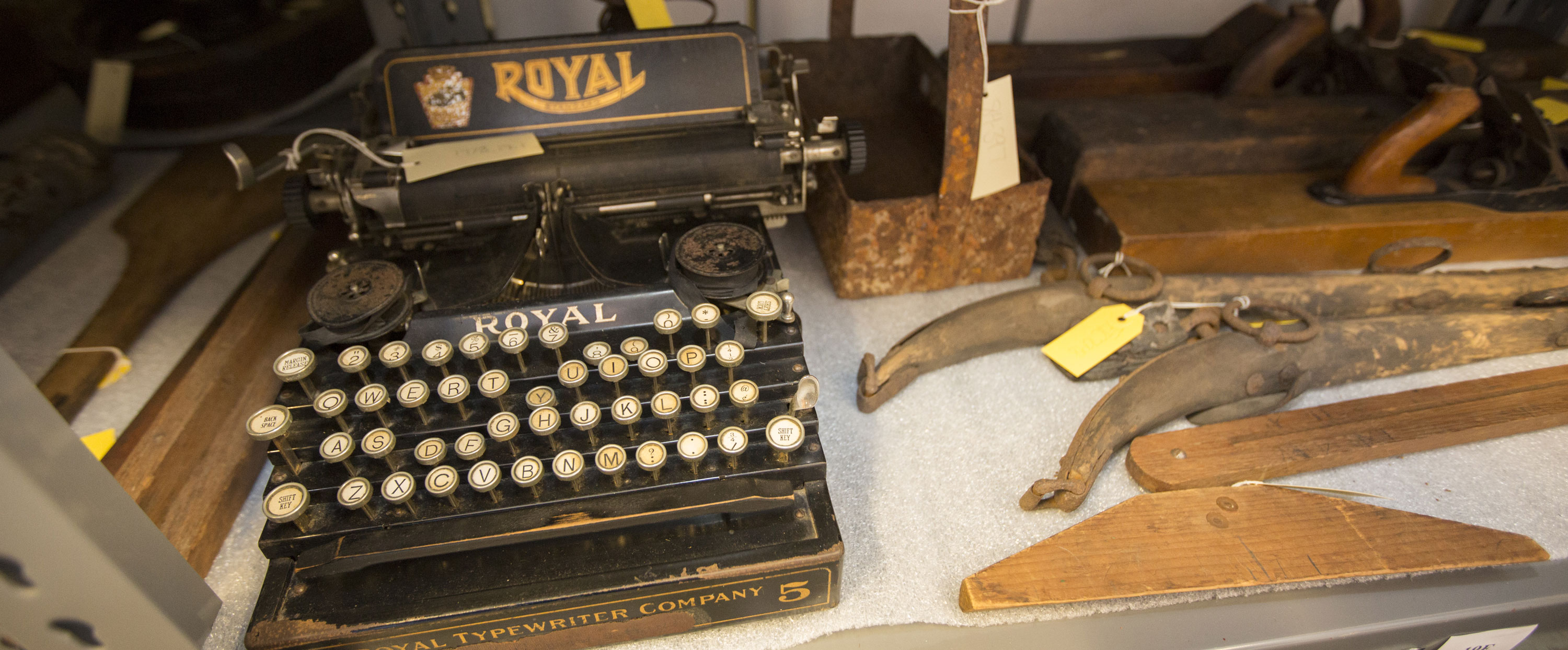Fly Dubuque Bumper Sticker
Reinvention and looking toward the future are the watchwords for welcoming a new year. One of our newest additions to the collection – this Dubuque Regional Airport decal - stood out as an opportunity to celebrate taking off into 2023. It is a time capsule of history (from a 1992 funding campaign) that uses a promotional message of growth still relevant today, “Fly Dubuque”. Coming a long way from a single sod runway, airport service in Dubuque has a storied past of ups and downs.

